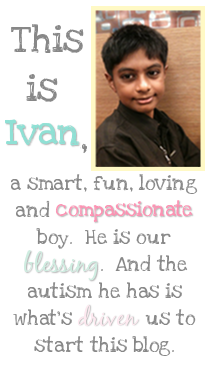Being a mum is a very challenging full time job. One with no retirement, seriously! Sometimes, as busy mums, we all cheat our stomachs with sweets when we get hungry.
I ask of you ladies, try not to do so. I have done so, for too many a times. I always have an excuse to do what I do. But as I mature and started reading more on health, I realized what a grave mistake I was making. Thank God, I never got any illness due to that.
It is very, very important that we take good care of ourselves for the sake of our children. I was surprised to find out that our bodies are so intelligent, that it can actually think for itself. Did you know that when you eat regularly, the body stores only a small portion for later, as compared to when you have irregular meals, your body stores more fat. Think about it, when you are not eating regularly, your body fears of when the next replenishment will be, thus, it stores more. Should you eat regular meals the body sees the consistency. Well, to me, that is a pretty smart body we have there. So the next time you skip a meal and stuff down a candy bar, out of convenience, think again. Sweet foods with refined sugars can help you for a while, but what they do is actually raise your blood sugar. Then when you hit a 'brain fog' your blood sugar levels drop and you end up with a negative effect. Such as mood swings, irritability, loss of attention.
To avoid this, I always have little packets of oatmeal cookies in my handbag. I literally look for the ones that are pre-packed with two or three pieces. This way, I don't have to worry if I can't stop for a meal. Running from therapy sessions to work and then for check ups can be very time consuming, and the last thing you want to do is, to look for a healthy place to eat. (me, I would rather kick off my shoes and slouch on the sofa as I relax from a tiring day)
So ladies, the next time you find yourself in a time crunch, reach for a granola bar and some orange juice. Take care of yourself, your children deserve the best of you.






























